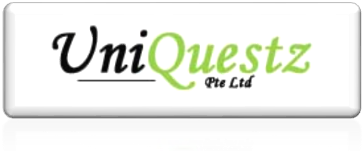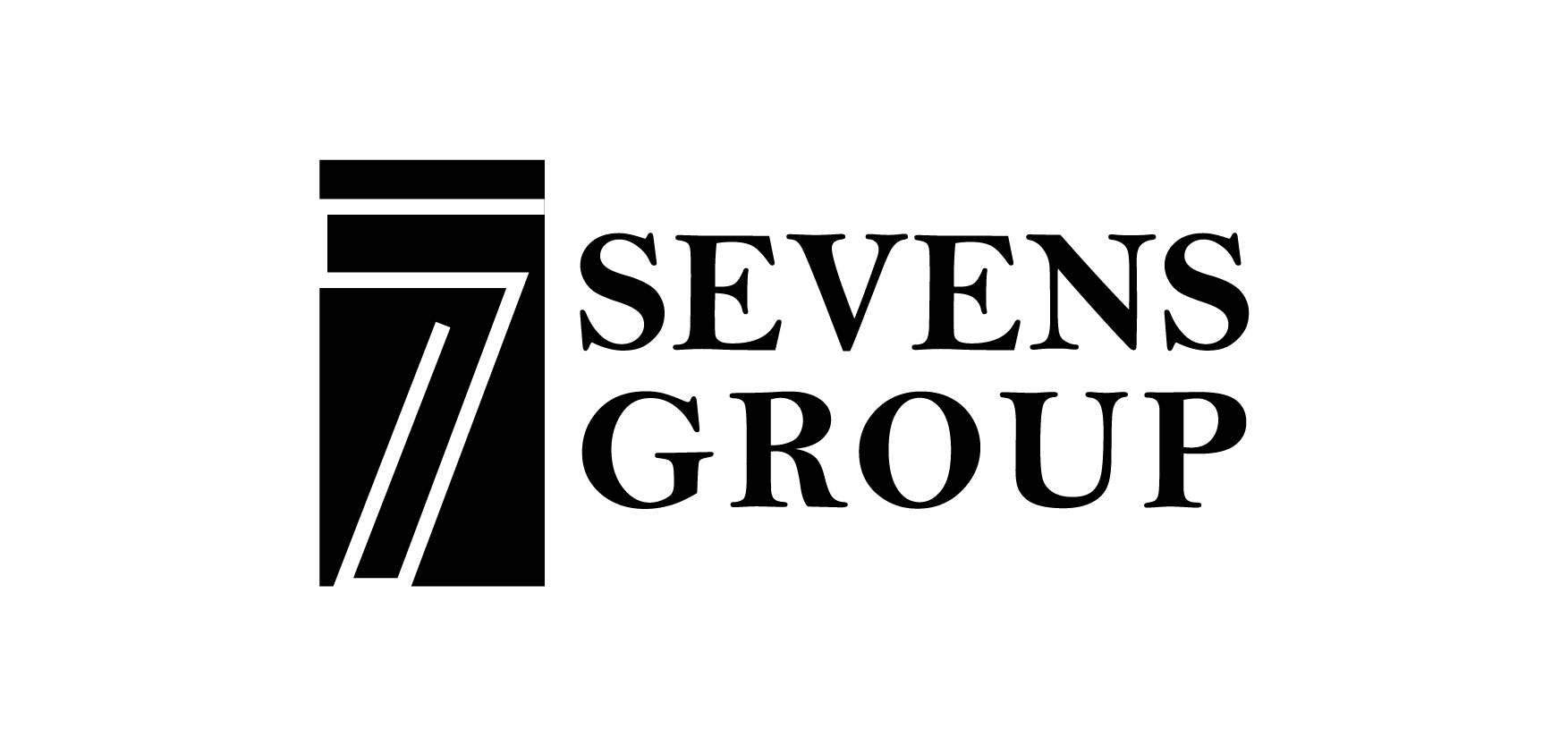a. Financial transparency.
A company might report a certain number as revenue earned. But how much of it is actual cash and how much of it is accounts receivable has to be accurately stated. Numbers like Profit before Tax, Profit after Tax, and Profit after Interest, Depreciation and Tax are all important numbers that tell shareholders and management a lot.
b. Evaluate tax liability
Corporate tax rates are quite high.
When companies make a lot of profit, the taxes they have to pay are equally high. Can they reduce tax burden? Yes, they need the most accurate financial numbers possible. Otherwise, all their resources could be depleted in a very short time. Conversely, for the government, accurate financial statements are essential because many firms fudge their reports only to avoid paying tax.
c. Mitigate errors
Accurate financial statements are also essential to catch costly mistakes or internal wrongdoing early on in the process. If any illegal activity is taking place, there is no better way to catch it than through discrepancies in the numbers. If an error has been made, reconciliation activities can find them.
d. Build trust
Investors need a sign that a company is doing well and they can put their hard-earned money in its business. It is all very well if the balance sheet shows a profit and is prepared by qualified personnel. But there have been times when the balance sheet of many companies showed a profit, only to be found later that they were actually incurring losses because of inexperienced staff doing and worst if decision has been made based on incorrect financial statements.
e. Improved payment cycles
In order to optimize the Accounts Payable and Accounts Receivable cycles, accuracy of financial statements plays a key role. Other outgoing payments include salaries and daily wages that need to be paid (payroll), dividends need to be given to the shareholders, inventory needs to be managed, and creditors need to be paid. All this cannot be done unless the numbers are in order. If a loan is overdue then the company needs to know how much interest has to be paid or received.
f.Better decision making, planning and forecasting
Financial statements open a window for educated decision-making and strategic planning. The working capital statements, fund flow statements, cash flow statements, and trading account are crucial to evaluating the profit of company, the fund they need and propose how to increase sales and boost financing.
 Contact Us
Contact Us



